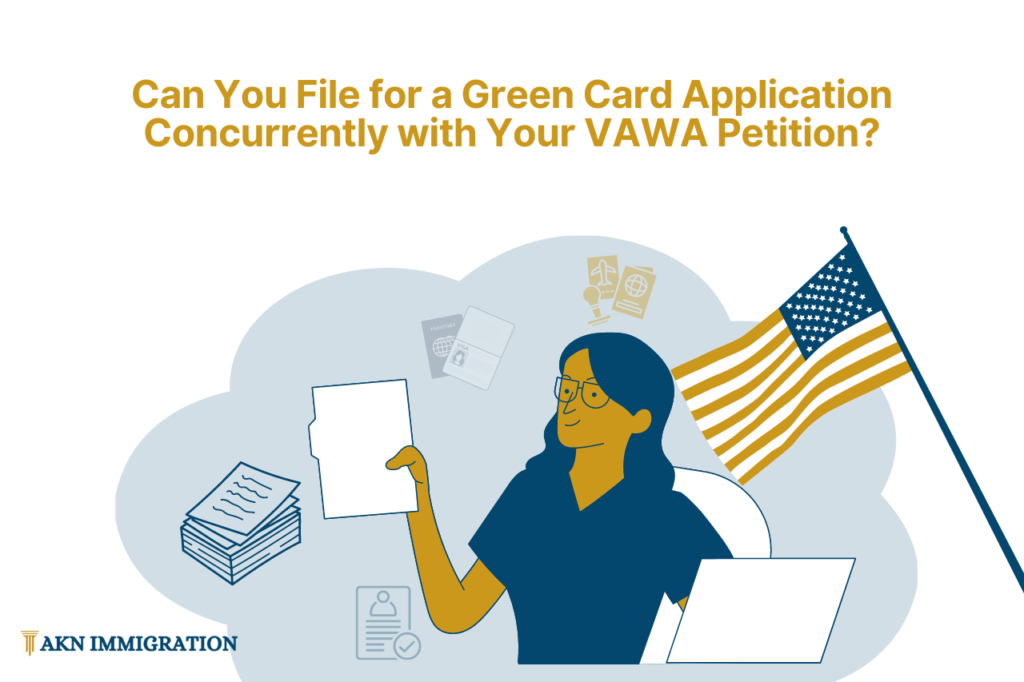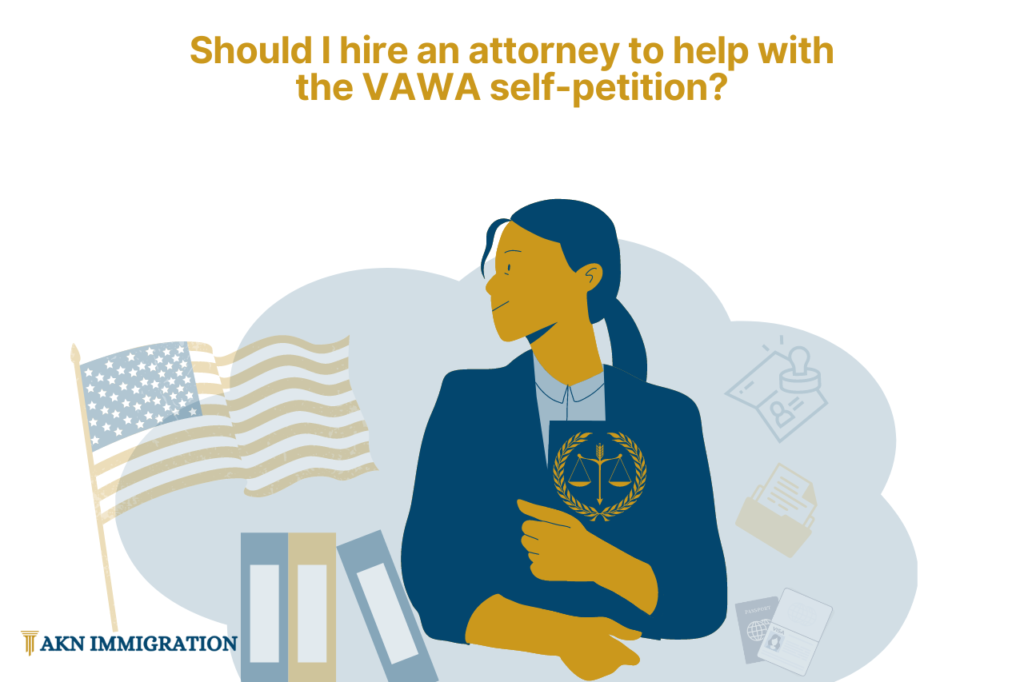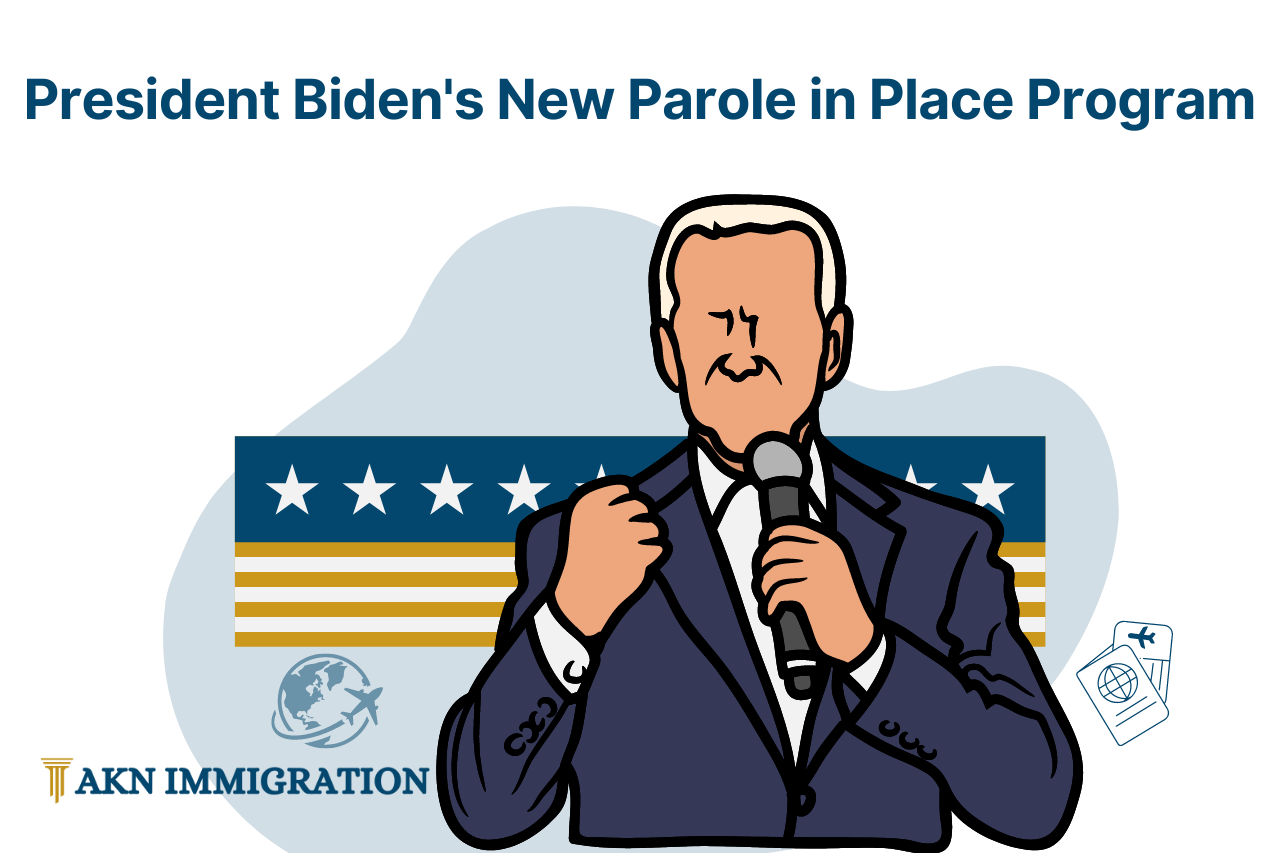Navigating the VAWA Self-Petition Process is a crucial legal pathway for undocumented individuals who have experienced domestic abuse at the hands of a U.S. citizen or lawful permanent resident-qualifying relative. This process empowers victims by allowing them to independently apply for immigration status without relying on their abuser. Despite its name, VAWA protections are accessible to all victims, regardless of gender.
As you navigate the VAWA self-petition process, it’s essential to stay informed to avoid mistakes and ensure a smooth journey. Be sure to review some common errors made in the process and learn how to overcome them by here.
Hello. I’m Aisha Nanyanzi, an immigration attorney who helps domestic violence victims secure their immigration status through VAWA petitions. I am passionate about advocating for survivors, especially children, and ensuring they have the legal support needed to navigate the complexities of VAWA and achieve safety and stability in the United States. If you or someone you know has experienced domestic violence and needs assistance with a VAWA petition for a child, Please reach out to me here
What does the VAWA self-petition process involve?
The VAWA self-petition process involves two main steps: filing a self-petition with evidence and applying for adjustment of status. To apply for VAWA, you must File Form I-360, submit supporting documentation, demonstrate good moral character, provide evidence of abuse or extreme cruelty, and show proof of relationship to the abuser.
Can You File for a Green Card Application Concurrently with Petition?
Yes, you can file for a green card concurrently with your VAWA self-petition. This approach can expedite the overall immigration process, but there are important considerations:
- Expedited Work Permits and Travel Authorizations: Filing concurrently may allow you to receive work permits and travel authorization.
- Extended Green Card Processing Time: Green card interviews generally take longer to schedule, typically 24 to 30 months. Concurrent filing can sometimes extend the processing time, particularly if there are complicating factors such as a criminal record or prior immigration violations.
- Careful Decision Making: It is crucial to weigh the benefits and drawbacks of concurrent filing. Consulting with your attorney will help you understand the implications specific to your case and make an informed decision.

What Determines the Processing Time ?
The processing time for your VAWA self-petition can vary based on several factors:
- Case Complexity: The more complex your case, the longer it may take to review. Extensive documentation, multiple incidents of abuse, or other complicating factors can lengthen the process.
- USCIS Workload: The volume of applications USCIS handles at any given time affects processing times. High application volumes or staffing shortages can lead to delays.
Understanding these variables is essential for setting realistic expectations about the timeline of your petition.
Should I hire an attorney to help with VAWA self-petition?
Attorneys can streamline the VAWA self-petition process, provide critical support, and significantly improve your chances of a successful outcome. It is highly recommended for several reasons:
- Expertise and Guidance: attorneys specializing in VAWA cases provide expert guidance, ensuring that your application is thorough and meets all legal requirements, thus reducing the risk of errors or omissions.
- Streamlined Documentation: Your attorney will help gather and organize necessary evidence, such as police reports, medical records, affidavits, and counseling records, to create a compelling case for USCIS.
- Secure Correspondence: An attorney can help you choose a safe address for correspondence to ensure you receive mail safely, especially if you are still in contact with your abuser.
- Ongoing Communication: Your attorney will update your contact information with USCIS and monitor your case status, responding promptly to any requests for additional information or issues.
- Increased Chances of Success: Legal representation increases your chances of success by anticipating challenges, providing strategic advice, and presenting your case favorably to USCIS.

How Does Approval of Your VAWA Self-Petition Protect You from Deportation?
Upon approval of your VAWA self-petition, you gain some protection from deportation and the right to work legally in the United States. However, it’s important to understand that having a pending petition does not confer lawful immigration status.
Navigating the VAWA Self-Petition Process requires careful attention to detail and a thorough understanding of the legal requirements.
If you are facing deportation proceedings, your immigration attorney can advocate on your behalf based on the pending self-petition. It’s crucial to seek legal guidance and understand your rights throughout this process to ensure the best possible outcome.
Can you track the status of your VAWA self-petition? What do you do if it takes too long?
Yes, you can track the status of your VAWA self-petition through USCIS’s online tools. By entering your receipt number on the USCIS website, you can obtain updates on the progress of your case.
Regularly monitoring your petition status allows you to stay informed and proactive. It ensures that you can respond promptly to any requests for additional information or documentation from USCIS.
This proactive approach can help expedite the processing of your petition and navigate any potential challenges that may arise along the way.
If your petition is taking longer than expected, consider the following steps:
- Stay in Communication: Keep in regular contact with USCIS and your attorney to ensure there are no missed communications or requests for additional information.
- Consult Your attorney: If there are significant delays, your attorney can advise on potential actions, such as inquiring with USCIS or escalating the issue.
- Seek Support: Trusted legal professionals, advocacy organizations, and supportive communities are available to provide guidance and support throughout the process.
By staying informed, proactive, and resilient, you can confidently navigate the complexities of the VAWA self-petition process and empower yourself to build a safer and brighter future.
Remember, you are not alone in this process. We are available to provide guidance and support along the way. By staying informed, proactive, and resilient, you can confidently navigate the complexities of the VAWA self-petition process and empower yourself to build a safer and brighter future.







